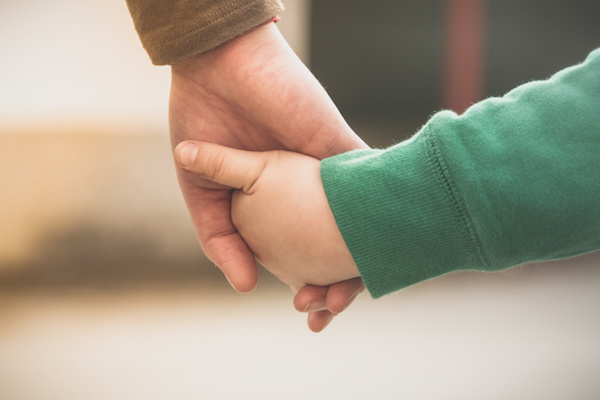
Holding Hands
April 15, 2022
Fresh Joy
May 23, 2022Respect

From time to time, I meet with teenagers to talk about their problems or behavior. They often sit slumped in their seat and with their head down. They may mumble when they talk, making it hard to hear their words. However, knowing something of the home they come from, I understand they have not been taught the principle of respect. They have not learned to respect their parents, and consequently, they do not respect others. It doesn’t take long to realize that this person I am talking to does not know the meaning of respect.
Respect is a small thing that makes a big difference. We all want people to respect us, but they rarely will unless they have seen respect in us. Children learn how to control their emotions from their parents, which is part of being respectful. They can learn to share and communicate with respect from a very early age. If parents have valued their feelings and taught them to value another person’s feelings, they will respect others by listening to them.
Children will learn to tolerate negative emotions, such as being patient with another person who is upset or angry if they have seen their parents do so. If they have felt their impatience and disregard for their feelings and desires, they will do the same with their peers. On the other hand, they will follow a better pattern if they have seen patience modeled and respect demonstrated.
Respect is the esteem for the inherent worth of a person. Respect is the proper way to treat people, and it doesn’t come naturally. Disrespect seems to be more natural. We have to be taught how to be respectful to others—including our parents and those in authority.
Respect is honoring others—beginning with our parents. Without respect, conflict happens before we know it. Conflict can be aggressive or passive, but it always brings confusion. When parents fail to show respect, children are left in bewilderment, causing them to disrespect their parents and others. Essentially, how they grow up treating each other is how they will treat their future spouses.
One of the reasons families don’t resolve conflict and cannot transform negative emotions into positive ones is because their words and feelings are not framed in respect. Just as a river needs banks to keep the water inside, the family needs a respectful and constructive way of sharing negative emotions. Respect is where each family member is affirmed and given a unique acceptance of their differences and likenesses. Children introduced to the concept of respect will have a much better chance of building respectful relationships in life.



